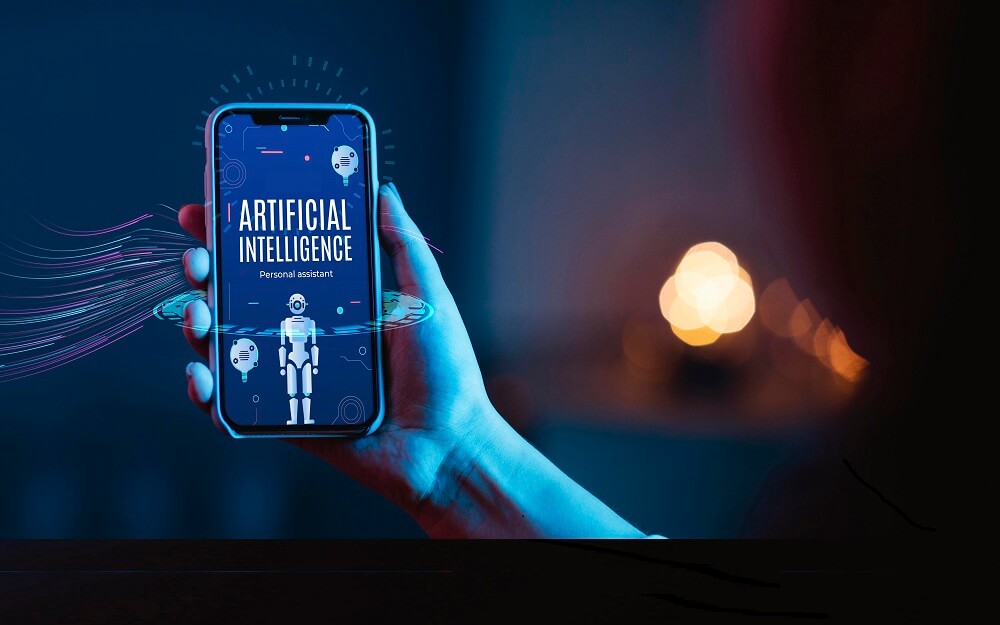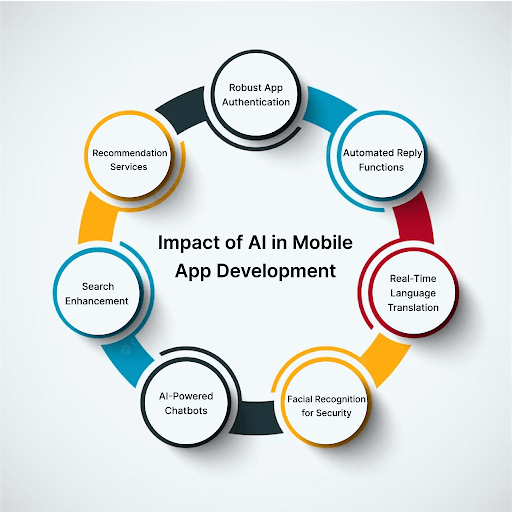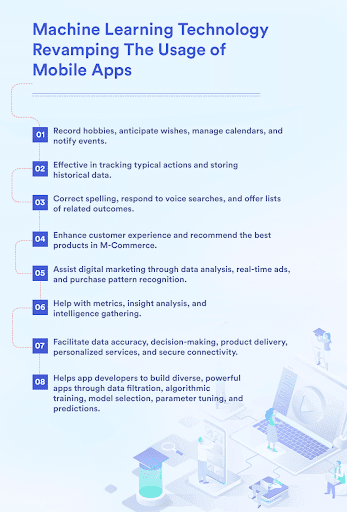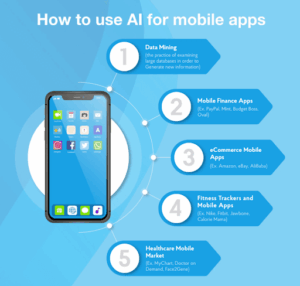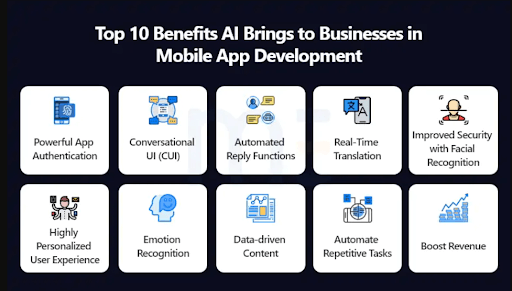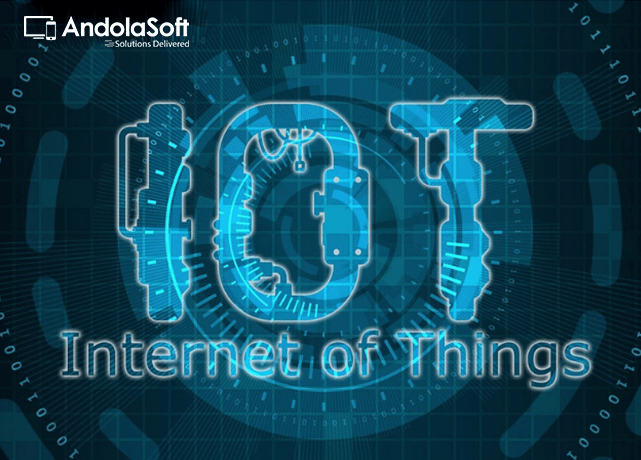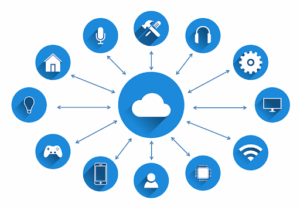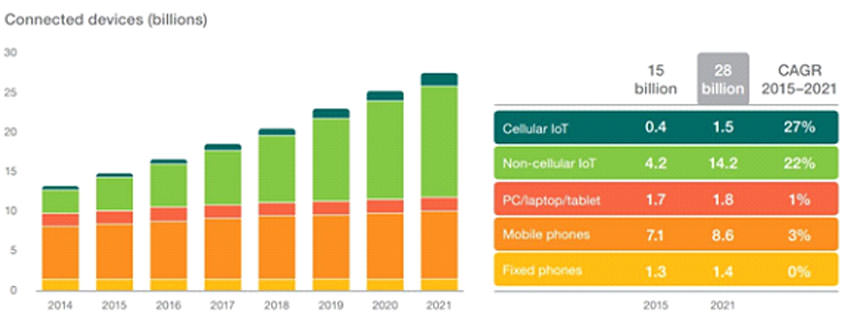Mobile apps have transformed the way we live, work, and connect. From ordering food to tracking our fitness, mobile apps have become an integral part of our daily lives. However, what’s driving the next wave of innovation in mobile app development is artificial intelligence (AI).
Mobile app development is the fastest growing technology trend in the world. As more and more users are spending most of their time on mobile devices, they are making desktop a thing of the past.
Considering and large adoption of mobile devices gives business owners and mobile app developers the opportunity to create engaging mobile apps.
Furthermore, integrate AI technologies to provide a comprehensive user experience.
The Growing Demand for Mobile App Development in 2023
The year 2023 continues to witness a tremendous surge in the demand for mobile app development.
The mobile app market is evolving fast and users are not lacking behind in catching up with it.
The advent of AI into the mobile app industry is driving businesses, development companies and users to interact with this digital tools in a new way.
- Increasing App Downloads:
By 2024 the estimated app downloads will reach 800 billion; that’s an average of 40 apps per mobile user. Which signifies that the app downloads have increased significantly from previous years. - Diversified Industry:
Mobile apps began with a small focus on user productivity and entertainment. Today it has broadened its reach to sectors such as healthcare, finance, real-estate and more. - Technological Advancements:
With the advancements of technology such as Artificial Intelligence and 5G connectivity the demand for more sophisticated mobile apps have increased exponentially. - Wearable Tech Integration:
Smartwatches, fitness trackers, smart glasses, VR headsets are being used in conjunction with mobile apps for seamless user experience. - Security and Privacy:
App developers are investing in security measures and complying with data protection regulations.
The Impact of AI on Mobile App Development
AI is reshaping the landscape of mobile applications, bringing with it a multitude of benefits and opportunities.
Let’s delve into the impact of AI on mobile app development.
- AI-integrated mobile apps are more intuitive and provide a customized user-experience.
The apps can be optimized to predict user preferences, provide tailored content, and provide personalized recommendations. - Artificial intelligence is empowering mobile apps with cutting-edge features such as voice recognition, chatbots, image recognition, photo apps, etc.
Basically any mobile app can be integrated with AI tools to enhance app functionality and usability. - It enables mobile app users to make informed decisions, and business owners to improve business strategies, and extract valuable insights from them.
- It streamlines and makes app development faster such as testing automation, simplifying bug detection and closure.
- AI integrated apps empower businesses to optimize their budget and resources and enable smarter resource allocation.
Application of Machine Learning in Mobile App Development
Here, we explore the diverse applications of machine learning in the mobile app development space.
- Machine learning algorithms can analyze user behavior and preferences to deliver personalized content, recommendations and user experiences.
- It can accurately predict user behavior, market trends thereby enabling app developers to make data-driven decisions for feature enhancements, marketing strategies and content optimization.
- Mobile app developers can employ ML algorithms to enhance data security, identify and prevent fraudulent activities with little to no human intervention. Protecting user data and financial transactions is easier and effective using AI technologies.
Challenges Faced by Mobile App Developers without AI Technology
Here, we explore the difficulties encountered by mobile app developers in the absence of AI:
- Without AI, creating personalized user experiences can be challenging.
- When not using AI, developers must handle data manually, which is time-consuming and prone to errors.
- Mobile apps are not able to offer efficient user assistance, resulting in user dissatisfaction.
- AI empowers development teams to automate testing and identify bugs. Without it rigorous manual testing is required thereby increasing development time.
- Developers lacking AI may experience higher expenses and slower development cycles.
Various Use Cases of AI in Mobile App Development
Artificial Intelligence has multiple applications in mobile app development.
It facilitates mobile app developers to create innovative apps and solutions that enhance user experiences in various ways.
Here are various use cases of AI in mobile app development:
- Digital Assistance:
AI-driven digital assistants, like Siri and Alexa take voice commands and perform various tasks which enhance user convenience. Moreover, it can connect with various IOT devices and carry out various functions. - Predictive Analytics:
AI algorithms can predict user behaviour and trends which generates tons of user data thereby enabling app developers to make data-driven decisions to enhance mobile app features and improve marketing strategies. - Object Detection:
AI-based object detection can be used for various purposes such as barcode scanning, identifying objects in an image, and even creating virtual reality visuals. - Image and Speech Recognition:
Artificial Intelligence empowers images recognition and speech recognition features. This allows mobile users to interact with their environment in a more meaningful way. Apps can also use voice commands to perform free-hand mobile functions.
Content Recommendation:
Machine learning algorithms analyze user preferences to push recommended content, products, services which can significantly drive user engagement.
Benefits of AI Integration in Mobile App Development
AI is revolutionizing mobile app development in remarkable ways, reshaping the user experience and expanding the capabilities of apps.
Artificial Intelligence is not being employed by mobile app developers to make the development process simpler and deliver quality apps faster. Moreover, it gives an opportunity to create more engaging and feature-rich apps.
- Enhanced User Experience:
Mobile app developers employ AI to provide a more engaging user experience to their users. It can automatically analyze user data and behavior to provide personalized content and recommendations. - Developer virtual assistants:
Mobile app developers can create AI-powered chatbots and virtual assistants to automate customer support, answering queries and solve issues in real-time. - Natural Language Processing:
AI-driven apps can understand and respond to natural language and provide solutions in a human-like voice. - Accelerated Development:
Developers can take the help of AI to develop mobile app solutions rapidly, at the same time, automating testing and speeding up the development prices. - Improved User Engagement:
Developers can analyze user engagement data to optimize the app’s interface content and features which leads to higher user retention rates.
What is the Future of Mobile App Development with AI
The future of mobile app development is increasingly connected with the integration of Artificial Intelligence (AI).
Here are some key insights into what the future holds:
- AI will continue to provide more and more personlized and interactive user experiences on their mobile devices. It will adapt to individual preferences and provide recommendations that’s more preferred by users.
- It plays a significant role in enhancing the app security. There will be an increase in features such as facial recognition and bahavior analysis which will be employed to ensure secure access and protect user data.
- Repetitive tasks such as disk cleanup, reminders, etc in mobile apps will be automated with the help of AI. This includes functions such as customer support through chatbots, content curation, and data analysis which frees up users from manual tasks.
- Augmented Reality and Virtual Reality, combined with AI, will transform mobile apps, creating immersive experiences for gaming, shopping, education, and more.
- Mobile app developers will increasingly rely on AI-driven insights and analytics to make data-driven decisions regarding app features, content, and marketing strategies.
The future of mobile app development with AI is marked by innovation, personalization, and efficiency.
As the technologies continue to evolve, the possibilities for creating intelligent, user-centric apps are virtually limitless, making way for a more connected and convenient mobile experience.
Top Strategies to Hire AI Mobile App Developers
Hiring AI mobile app developers can be a daunting task, given the specialized skills required. To ensure you make the right choice, consider the following strategies:
- Understand Your Project Requirements:
Before hiring a development team from a mobile app development agency, you need to have a clear understanding of your project’s needs.
Decide on the type of functionalities and features you are looking to integrate on your mobile app. This will help you identify the skills you need in a developer to successfully deliver your projects. - Collaborate with Development Agencies:
Consider partnering with mobile app development companies that specializes in AI mobile app development such as Andolasoft.
The company has a team of skilled developers and can handle your projects from start to finish. - Evaluate Soft Skills:
Along with expertise in technical skills, you also need to evaluate developer’s soft skills such as effective communication, problem-solving and teamwork capabilities. - Consider Outsourcing Offshore:
Don’t limit your search just to local talent. You should also seek out Offshore developers from countries like India and Ukraine who can provide cost-effective solutions without compromising on quality. - Non-Disclosure Agreement (NDA):
Protect your project’s confidentiality with an NDA. Mobile app development often involves sensitive data, algorithms and intellectual properties that need to be protected.
Why Choose Andolasoft for AI Integrated Mobile App Development?
Mobile app development is a crucial aspect of modern business, and choosing the right development agency can make all the difference.
Andolasoft is a leading provider of AI-integrated mobile app solutions. The company provides a comprehensive range of services such as:
- Android app development
- iOS app development
- Hybrid app development
- Mobile app QA and QC
- Support and maintenance
Andolasoft is a leading player in the field, and here’s why you should consider for your mobile app development needs:
- Proven Expertise:
Andolasoft is a recognized leader in the mobile app development industry. - Customized Solutions:
The company offers custom app development services tailored to your specific needs. - Innovation and Growth:
The team is well-versed in adopting the latest techniques and business logic, facilitating your business growth. - Full-Stack Developers:
With full-stack remote developers and fast turnaround support, Andolasoft provides a comprehensive range of web and mobile app development services. - Timely Support:
Andolasoft’s team is known for its rapid development and rocksolid support. They prioritize client satisfaction and troubleshooting, which ensures that any issue or concerns are addressed promptly.
Conclusion
In conclusion, AI is not just a buzzword; it’s a transformative force in mobile app development.
Businesses and developers are leveraging AI to create apps that are more intuitive, efficient, and user-friendly.
As AI technology continues to evolve, we can expect mobile apps to become even more integral to our daily lives, offering solutions that will take the mobile technology years ahead.
Top development companies are also integrating AI to their mobile app development services to keep up with the growing trends.
It facilitates developers to release cutting-edge mobile apps as well as enable users to get more customized solutions from their mobile apps.
